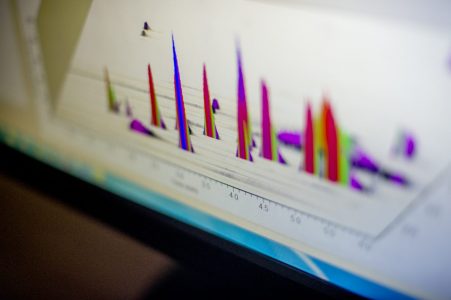January 30, 2023, by Matt Davies
DTH Spring update part two: online resources
 DTH director Erin Snyder talks us through some exciting updates and additions to the online services that the DTH offers Faculty of Arts staff and postgraduates.
DTH director Erin Snyder talks us through some exciting updates and additions to the online services that the DTH offers Faculty of Arts staff and postgraduates.
It’s a new year, and there’s loads going on at the DTH, as usual! But I wanted to take the opportunity to highlight two of our new (or newly changed) offerings in particular.
First, the Automated Transcription Service. The DTH is now funding access to the Automated Transcription Service for all staff, PGRs, and PGTs in the Faculty of Arts. (Midlands4Cities is funding access for M4C PGRs specifically.)
So if you’ve got English-language audio recordings, like interviews or focus groups, you can simply upload the audio file and get a fairly good transcription back out, which can then be cleaned and checked against the original, saving lots of manual transcription time! The ATS can also deal with multiple speakers, and handles various difficulties (background noise, people speaking over top of each other) reasonably well—though as usual, the better quality audio you can provide, the better the transcription will be.
Instructions on how to access the ATS are available on the DTH Sharepoint.
The second new thing is an upgrade for a longer-standing service. The Gale Digital Scholar Lab now allows text mining of any text corpus, in addition to Gale’s own databases, and we’ve updated all our guidance on the DTH Sharepoint to reflect this (and to walk you through the changed look of the tool). So if you want to get started with text mining, but weren’t sure where to begin, go check out our guides—they’ll teach you how to use the tool with your own text, as well as with Gale’s.
Best wishes for 2023,
Erin
No comments yet, fill out a comment to be the first

Leave a Reply